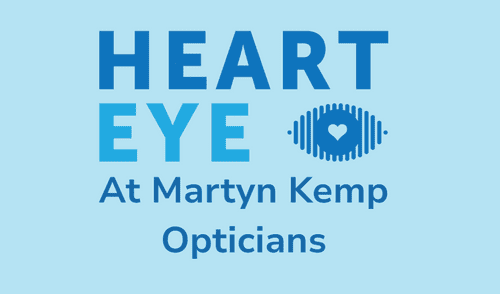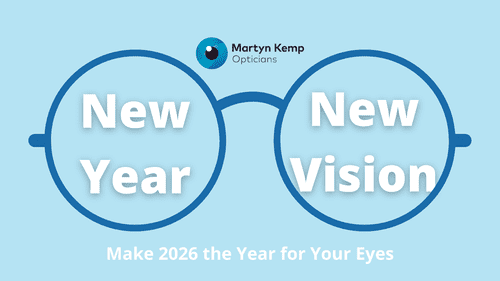Nutrition and Your Eyes
A balanced diet is incredibly important for your overall health as it provides your body with the right vitamins, minerals, and nutrients it needs. But did you know that what you eat can also have an impact on the health of your eyes?

A balanced diet is incredibly important for your overall health as it provides your body with the right vitamins, minerals, and nutrients it needs. But did you know that what you eat can also have an impact on the health of your eyes?
Many fruits and vegetables are rich in vitamins and nutrients that are incredibly beneficial to the health of your eyes. These nutrients can help maintain your eye function, reduce the development of age-related degenerative diseases, and protect your eyes from harmful light.
So which nutrients are important to the health of your eyes?
Vitamin A
Vitamin A is essential for maintaining the photoreceptors in your eyes. Not consuming enough vitamin A could lead to dry eyes and night blindness. The richest dietary sources of vitamin A include egg yolks, dairy products, and liver.
Lutein and Zeaxanthin
Lutein and zeaxanthin are yellow carotenoid antioxidants are known as macular pigments that function as a natural sunblock. Research has shown that those who consume the highest levels of lutein and zeaxanthin have a 43% lower risk of developing macular degeneration, compared with those who consume the least.
Lutein and zeaxanthin are usually found in foods together. The best sources of these nutrients can be found in leafy green vegetables such as spinach, kale, and swish chard along with other foods like parsley, pistachios, and green peas. As lutein and zeaxanthin are carotenoids, these are better absorbed when eaten with healthy fats such as avocado or oils.
Vitamin C
Maintaining the health of your eyes requires lots of antioxidants and vitamin C is especially important. The aqueous layer of the eye contains a high concentration of vitamin C and these levels are directly proportional to dietary intake.
High levels of vitamin C can be found in many fruits and vegetables such as citrus fruits, bell peppers, kale, and broccoli. It is thought that consuming plenty of this antioxidant may help protect against the development of cataracts.
Omega-3 Fatty Acids
Omega-3 fatty acids EPA and DHA are key for your eye health. DHA is found in the retina, where it is thought to help maintain eye function and is also important for brain and eye development during infancy.
The best sources of EPA and DHA is oily fish, however studies have shown that taking omega-3 supplements may benefit those who suffer with dry eye disease. It is also thought that omage-3 fatty acids may also help prevent other eye diseases such as diabetic retinopathy.
Maintaining a health lifestyle such as a well-balanced diet, regular exercise and drinking plenty of water will benefit your whole body including your eyes and help reduce the risk of developing many common eye conditions.



.png.png)
